Yes vote on Indigenous voice risks years of bureaucratic limbo
Indigenous Australians risk being in a bureaucratic limbo for years with a constitutional right to advise on government policy but no means to use it.
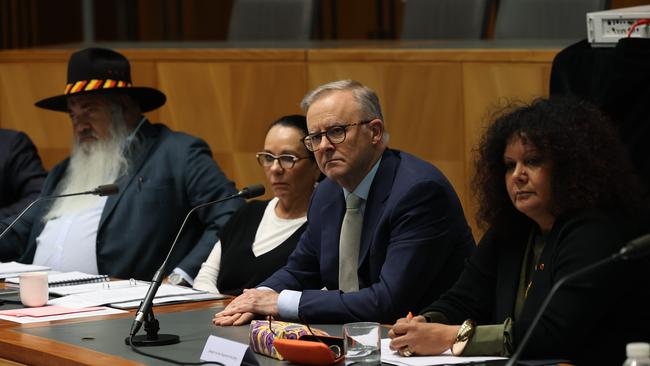
Anthony Albanese’s refusal to provide detail of how a voice to parliament would work, and a lack of public service preparation before the referendum, risk leaving Indigenous Australians in a bureaucratic limbo for years with a constitutional right to advise on government policy but no means to use it.
The expectation of an immediate right to advise parliament and the executive government also raises the prospect of an appointed “interim” voice before legislation is enacted as well as necessary detailed planning ahead of the referendum.
According to Peter Conran, one of Australia’s most senior and experienced public servants at territory, state and federal level, there will almost certainly be a hiatus before a voice is legislated, which could extend for years if the Yes vote is successful.
“The post-referendum hiatus is a direct consequence of leaving open questions about the construction and ambit of the voice to parliament before the referendum,” Mr Conran writes in The Weekend Australian.
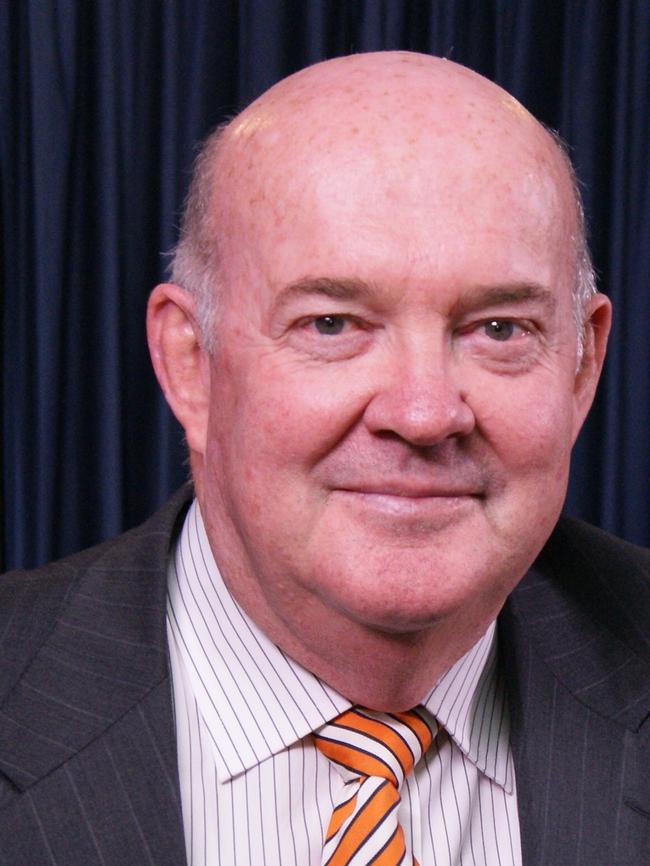
“Set against the commonwealth government’s advocacy of a Yes vote, there will be an expectation that First Nation representatives will be able to make representations to executive government and parliament immediately, prior to the full legislated voice.
“Indeed, given the framing of the referendum question, there is a risk that a failure to provide for interim arrangements may be unconstitutional. Debate about the pending voice referendum has largely overlooked the impact of a successful referendum on the operations of parliament and, more importantly, executive government.
“I am primarily interested in how and when do you implement a Yes vote for a voice and what are the impacts and risks for executive government?”
Mr Conran said there were real dangers of insufficient preparation for practical public service implementation of the voice principles and policy, which were a potentially dramatic change to Australian government at all levels.
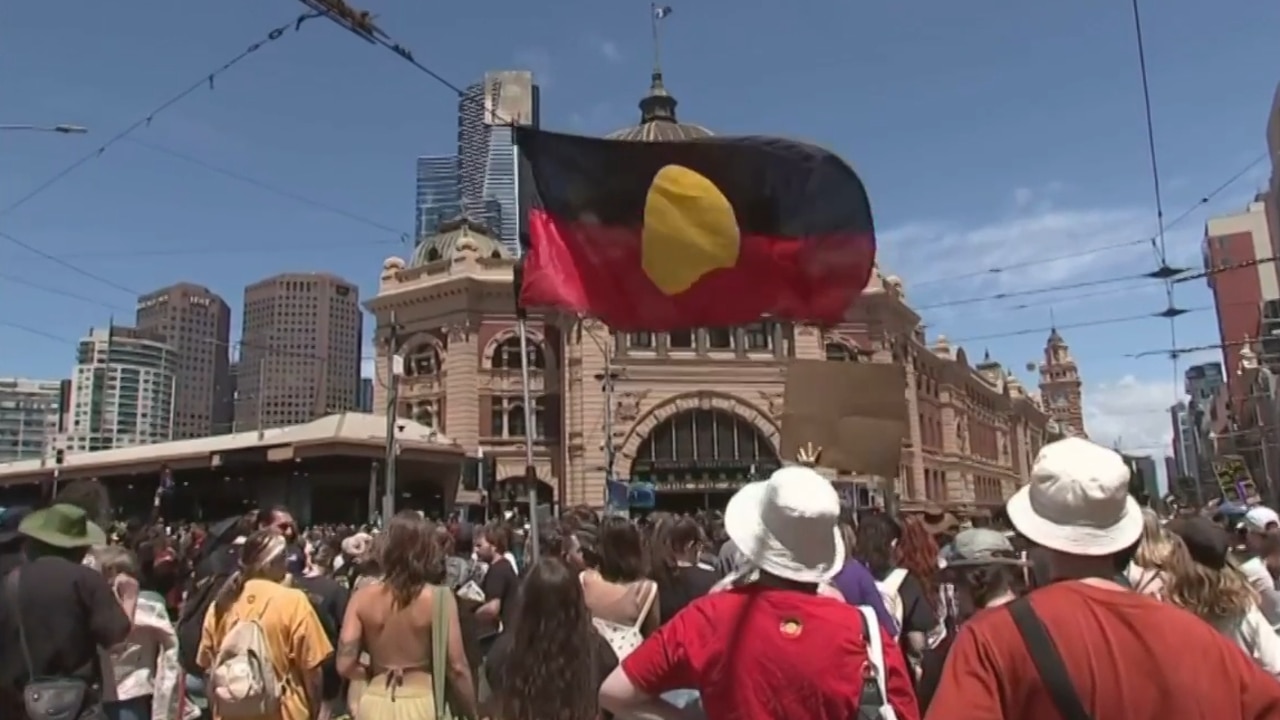
The Prime Minister continued this week to refuse to offer any details of how the voice would work and has said he has not sought legal advice from the Solicitor-General on the implications of the voice.
In an Australia Day speech, after an urgent trip to Alice Springs in answer to calls for practical action to deal with violence and crime rather than concentrate on the referendum, Mr Albanese said the time was right for constitutional change and he would not engage in “partisan politics”.
“I say this: if not now, when? If not now, when will this change occur? And if not the people of Australia this year, who will make this change, which will improve our country, improve our national unity?” he said.
Mr Conran was head of the Northern Territory Law Department, head of the West Australian Premier and Cabinet Department, federal cabinet secretary under prime ministers John Howard and Scott Morrison, and during the pandemic established the structures and protocols for the national cabinet, which Mr Albanese has retained.

Mr Conran said state, territory and federal departments and agencies would be required to assume a Yes vote – as is the requirement for an election – and raise questions about how the voice would affect parliament and government. “The answer to these questions will be largely a matter for the bureaucracy, because they are the primary source of advice to government and must turn principle and policy into practice,” he said.
“Assuming a Yes vote, an immediate challenge arises from an inevitable delay in the development of any legislation. The commonwealth government has said that after a successful referendum it will consult with parliament, First Nation groups and others in advance of legislation to give effect to the Yes vote.
“This involves consideration of a raft of legal and administrative matters. It could take up to three years to consult thoroughly, to draft legislation and to have it passed. Then there’s a further possible delay to implement and activate the legislated voice.
“Apart from any interim approach, bureaucrats will be looking at the long-term operational impact … For example: which level of bureaucracy will support voice representatives and regional representatives? What might be the cost of consultations? Will funding be required to ensure voice representatives can get independent advice and operational issues? Are there any models they can draw from in Australia or internationally?”

Mr Conran said the Calma-Langton report argues strongly against limiting the constitutionally entrenched rights backed by legislation and wants “early input on policy development”, which would mean changes to cabinet procedures, access to policy development and potentially membership of the national cabinet.
“The biggest risk to the executive government is in how it responds to voice representations,” he said. “My conclusion is that a constitutionally entrenched voice to executive government is unworkable. A legislatively entrenched voice, unless limited to a few specific issues, would also be unworkable and there are serious doubts limits can be imposed.”


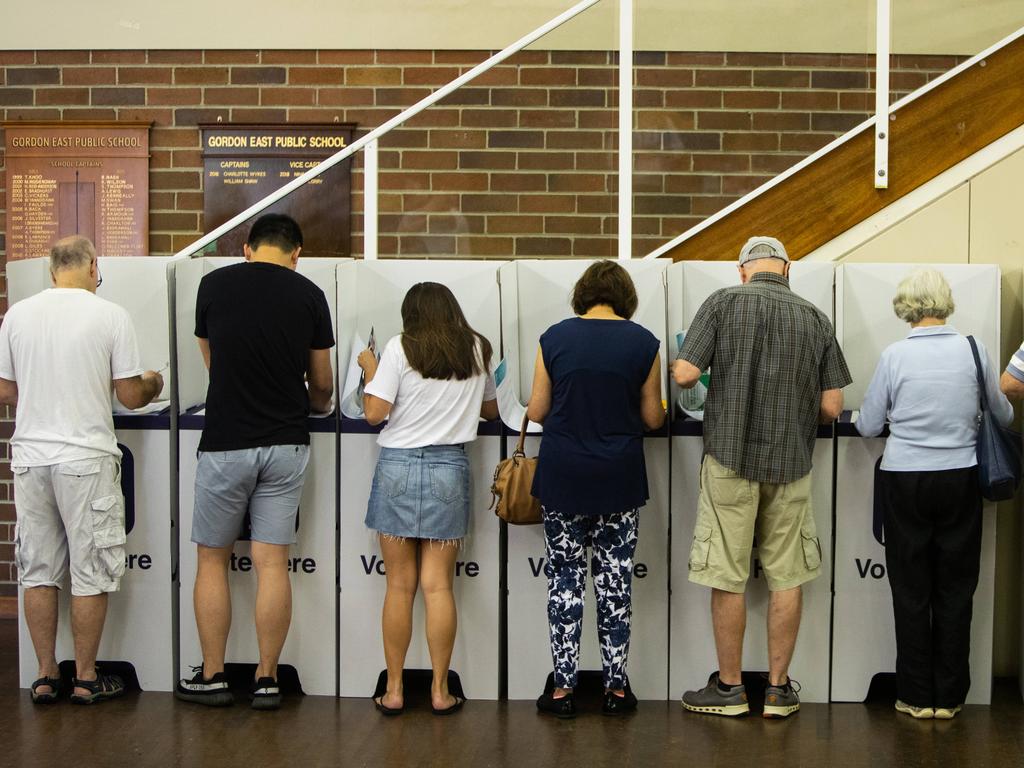
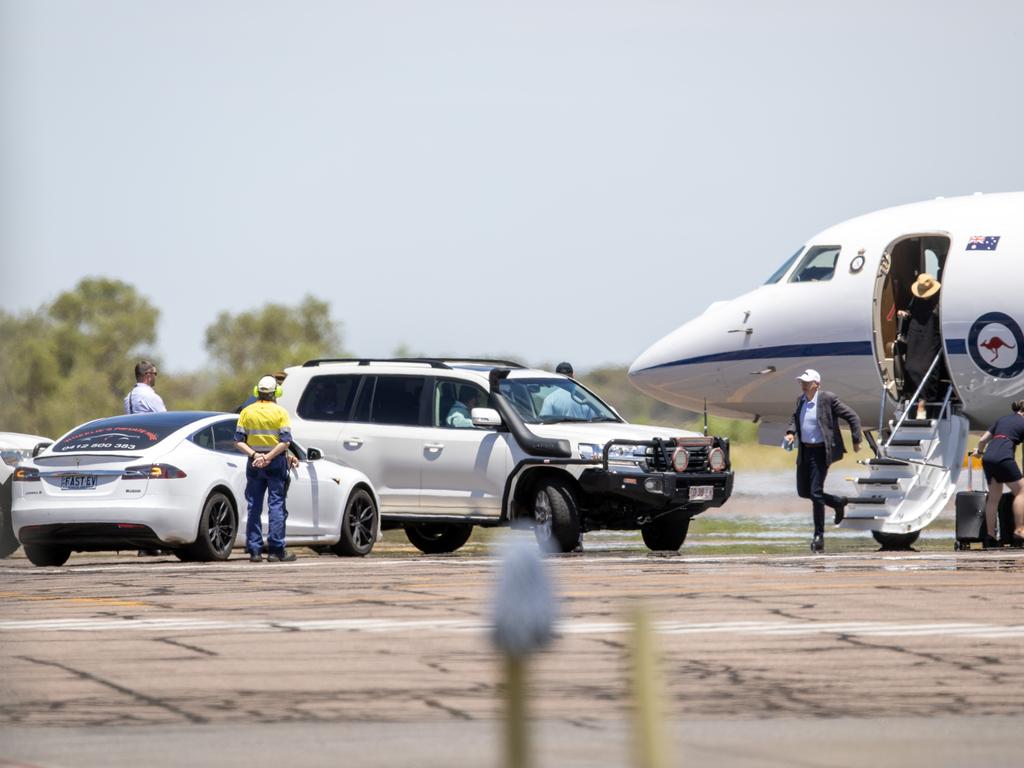
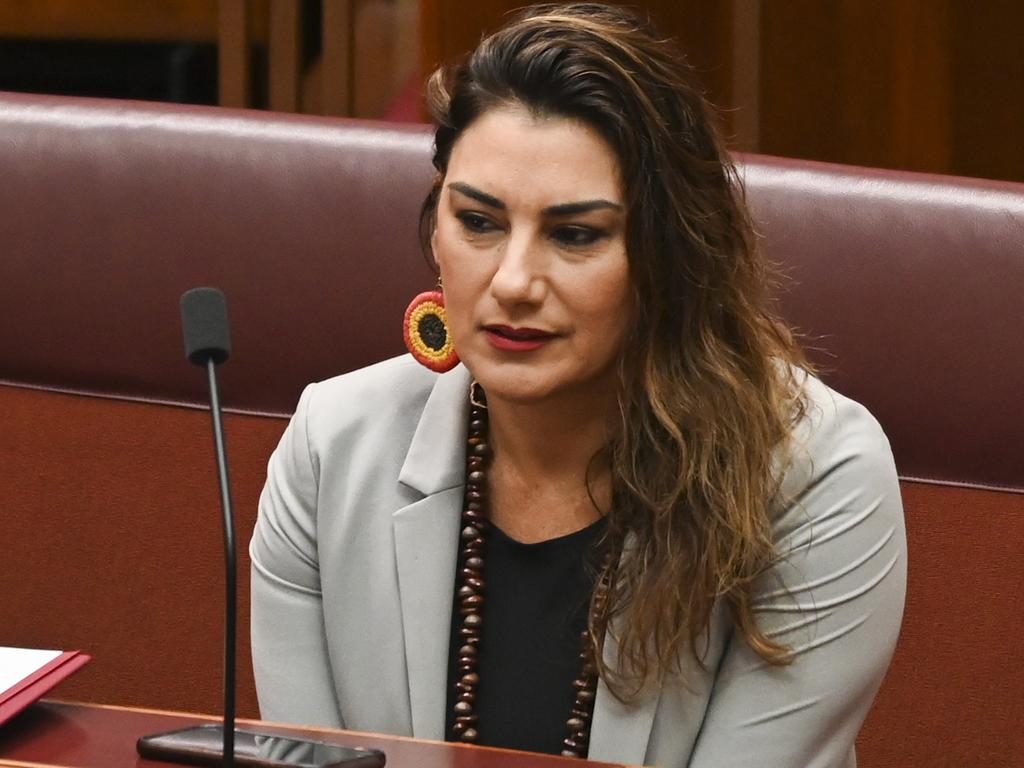
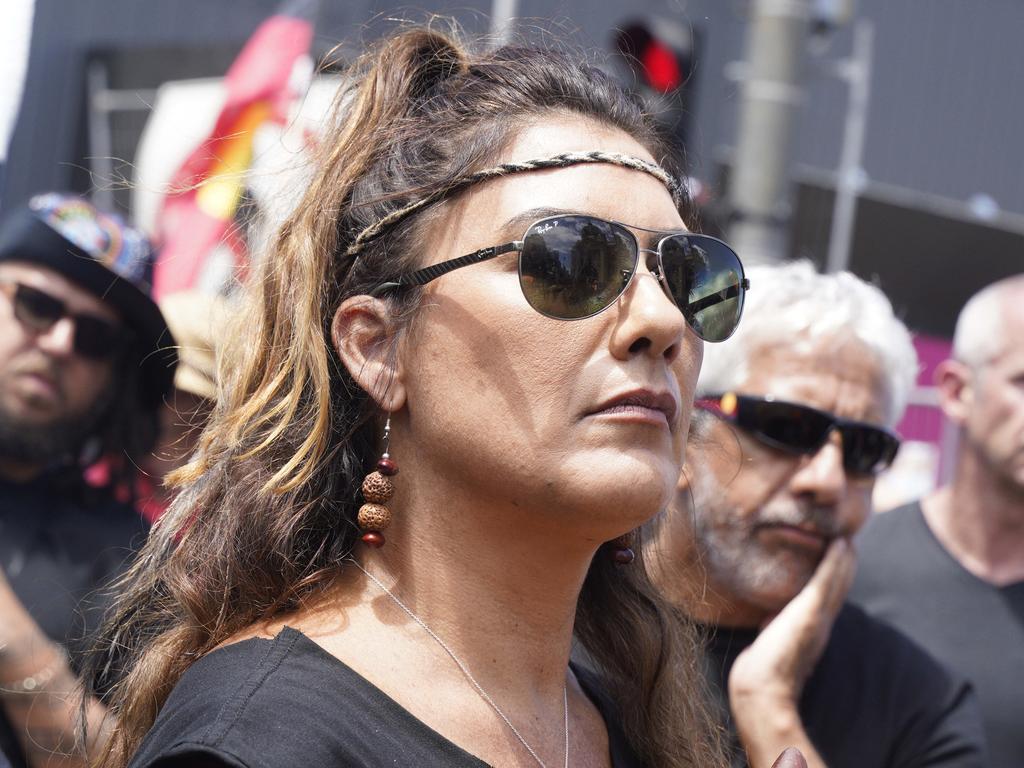
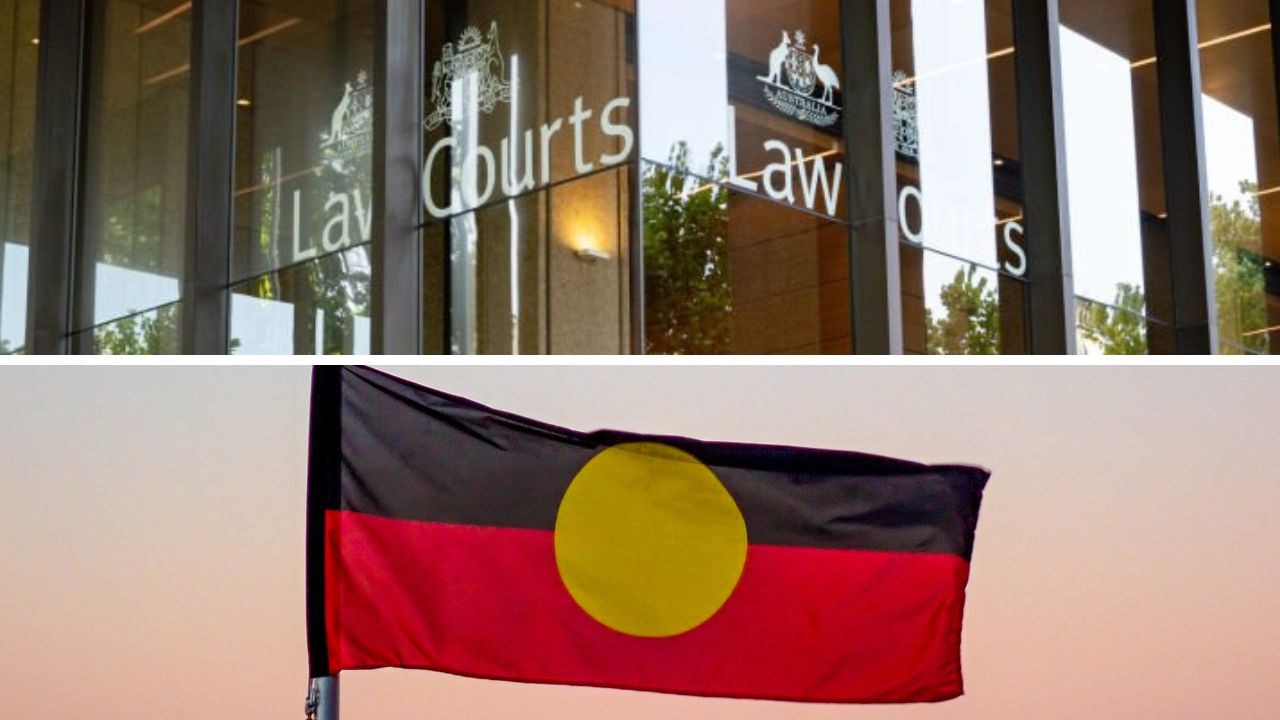
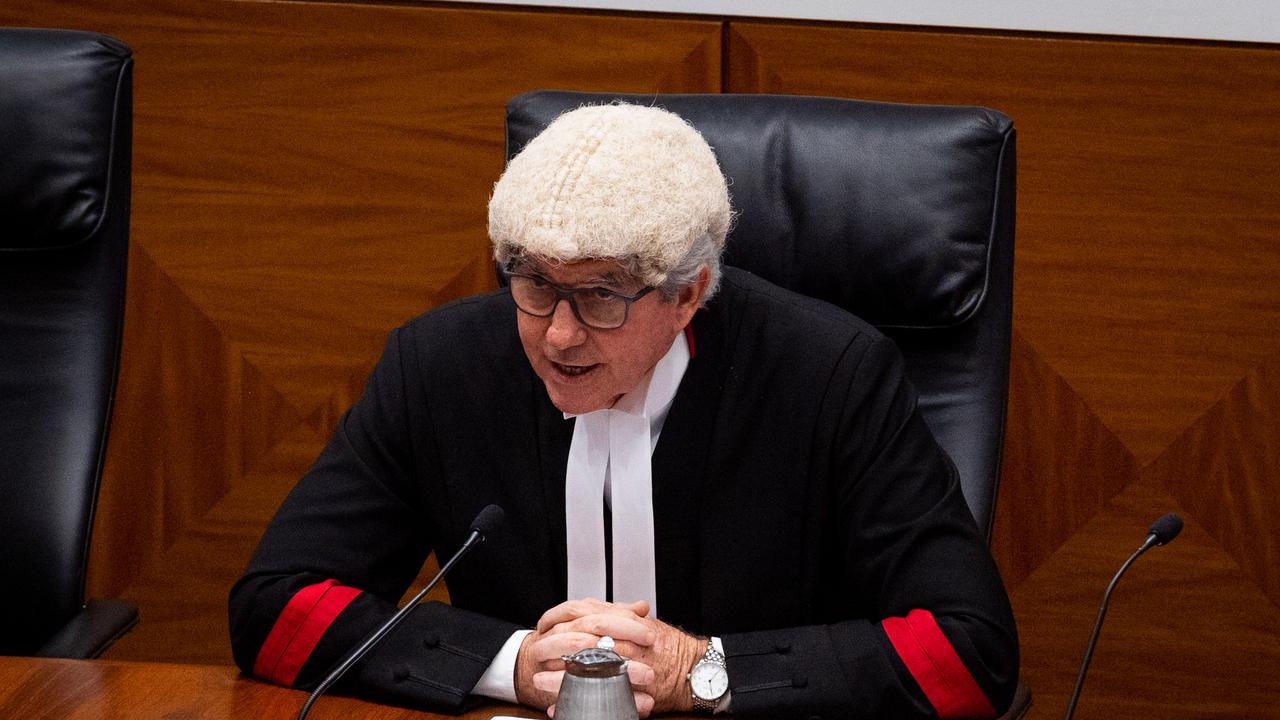
To join the conversation, please log in. Don't have an account? Register
Join the conversation, you are commenting as Logout